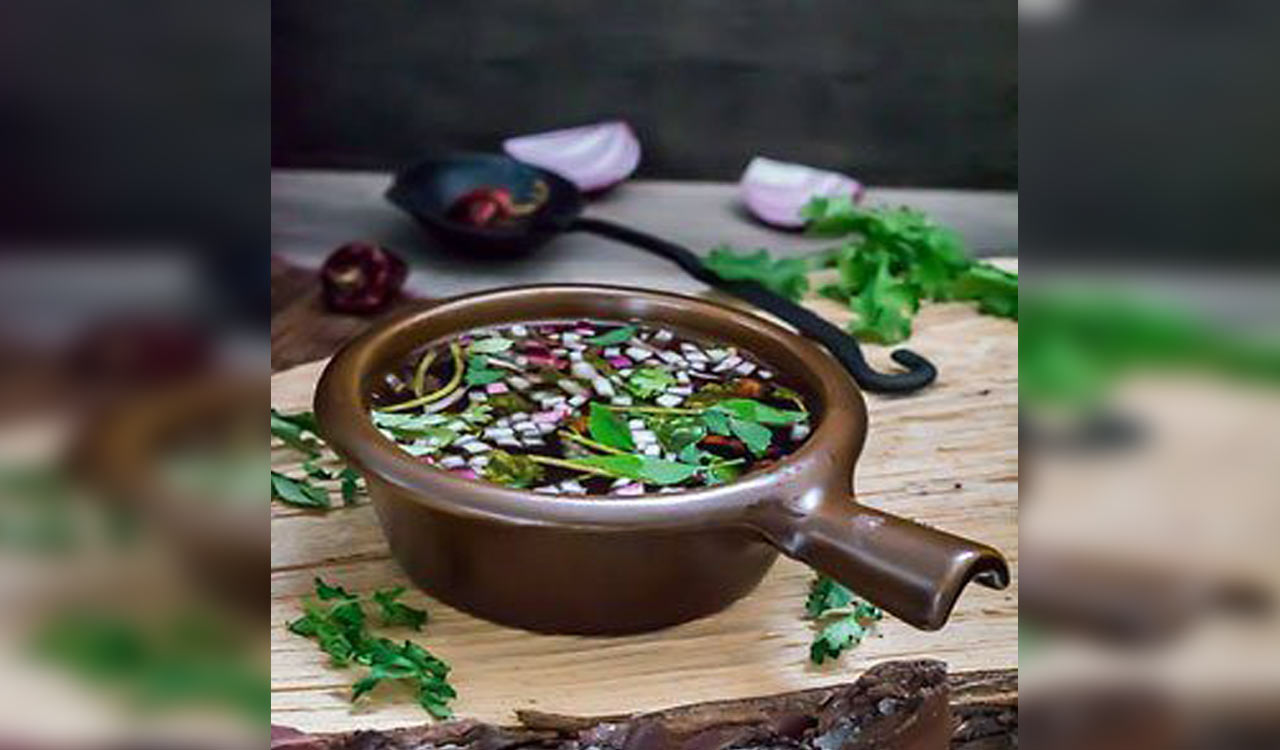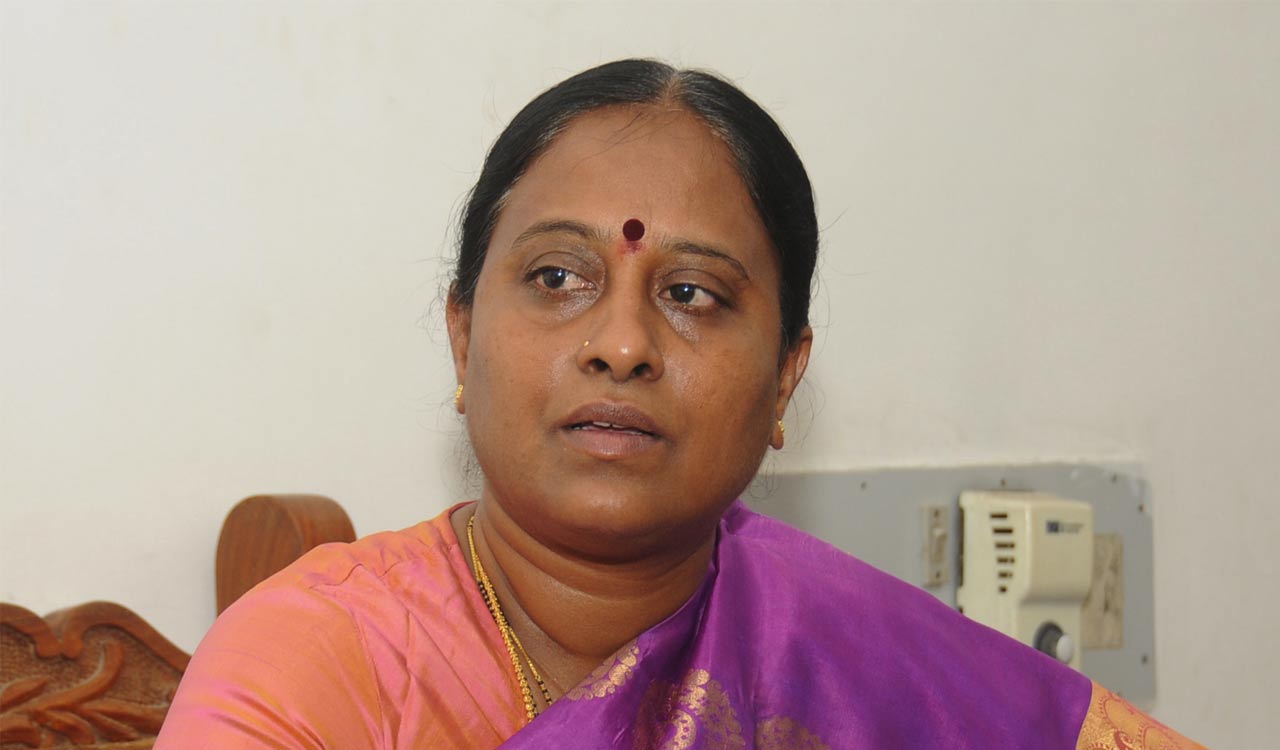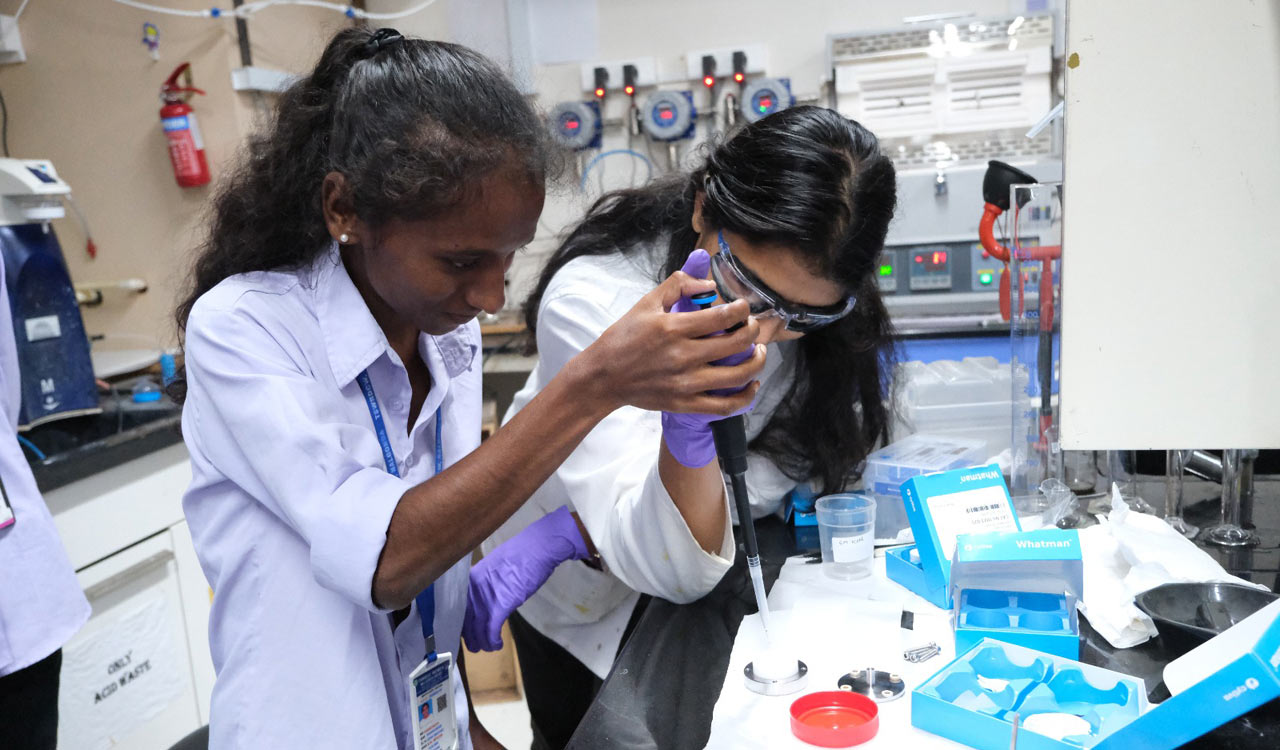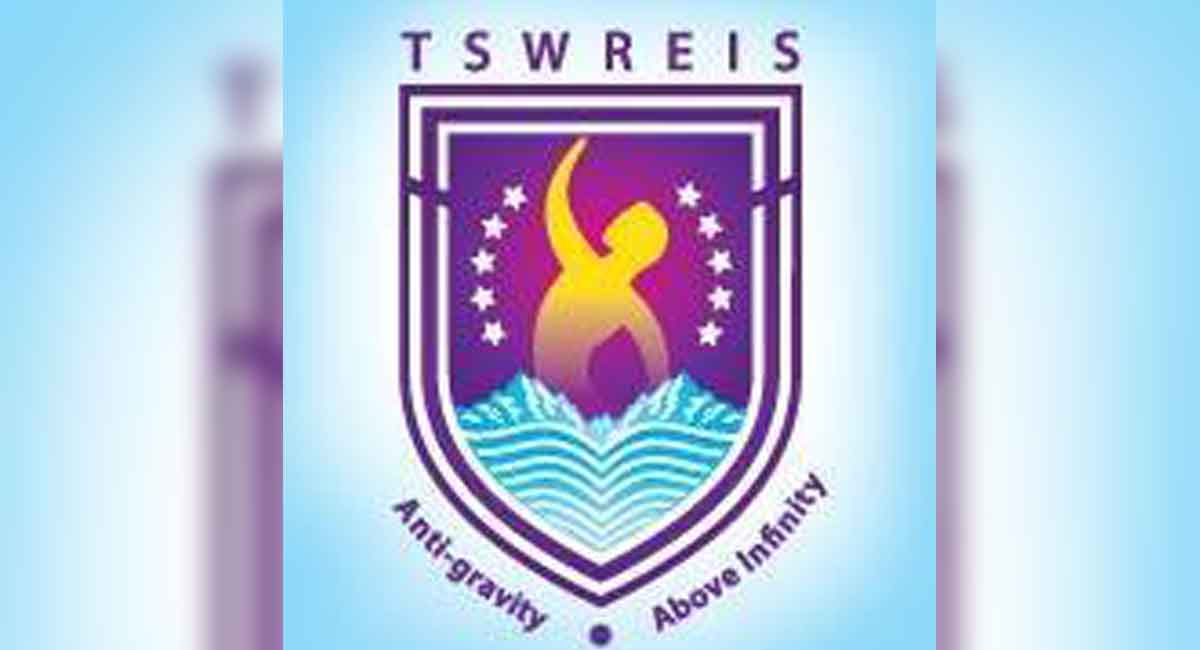‘Pachi Pulusu’ banned in Telangana Residential schools, colleges amid safety concerns
For several generations, Pachi Pulusu, a tangy soup made with tamarind juice, onions, green chillies, cumin seeds, and curry leaves, has been the most beloved dish in the rural and urban homes in the State

Hyderabad: ‘Pachi Pulusu’, one of Telangana’s beloved culinary staples, will not be served in the mess facilities of the government run residential institutions.
Prepared with tamarind juice, onions, green chillies, cumin seeds and curry leaves, the tangy soup for generations has been the beloved dish in the rural and urban homes across the State.
Except for tempering the soup, this popular dish does not require to be cooked or boiled.
The Standard Operating Procedure developed by the School Education department in consultation with residential educational societies read, “No food item should be served without cooking/boiling. Pachi Pulusu should not be served.”
The department has come up with SOPs, including for storage, cooking, serving, cleaning, and waste disposal, in wake of several food poisoning incidents, including death of a student and hospitalization of several others, which raised concerns on the quality of food and safety of students in the government run schools and colleges.
As per new procedure, samples of all cooked items must be preserved for 12 hours for inspections besides leftover food should not be served to students in the next meal. This meant food leftover in the lunch should not be used in any form for dinner. Only hot and freshly cooked food should be served.
Further, cooks have been asked to cut vegetables on a table or any other arrangement so that vegetables do not come in contact with ground.
The government-run education institutions have been asked not to use rice and rava infested with worms and every food dish needs to be checked by head cook and duty teacher.
Apart from kitchens being protected from rodents, insects and lizards, the institutions must clean overhead tanks once in fortnight and underground sumps, once in a month using bleaching powder. The institution’s principal or special officer will be responsible for implementation of the SOPs. “This is a draft. We are working on it,” said a senior TGSWREIS official.
Related News
-
Telangana Social Welfare Residential school students to receive direct admission into its junior colleges
-
Death of student: Konda Surekha says BRS should pay Rs.1 crore; Blames victim for tiger attack
-
Social welfare college students visit the Tata Institute of Fundamental Research in Hyderabad
-
TT Impact: Telangana Social Welfare college students receive financial support for Asian Softball championship
-
Cartoon Today on December 25, 2024
2 hours ago -
Sandhya Theatre stampede case: Allu Arjun questioned for 3 hours by Chikkadpallly police
2 hours ago -
Telangana: TRSMA pitches for 15% school fee hike and Right to Fee Collection Act
2 hours ago -
Former Home Secretary Ajay Kumar Bhalla appointed Manipur Governor, Kerala Governor shifted to Bihar
2 hours ago -
Hyderabad: Organs of 74-year-old man donated as part of Jeevandan
3 hours ago -
Opinion: The China factor in India-Nepal relations
3 hours ago -
Editorial: Modi’s Kuwait outreach
3 hours ago -
Telangana HC suspends orders against KCR and Harish Rao
4 hours ago




